By Hala Khouri
You know your yoga practice is working when your life gets better, not when your yoga gets better.
You know who I’m talking about.
Maybe this was you; maybe this is you. The mala bead wearing, namaste talkin’, slightly arrogant, super neurotic, I-never-eat-meat-refined-flour-or-non-organic-food, type.
The person who looks down on anyone who doesn’t do yoga, isn’t vegan, has “negative energy” or has a corporate job.
I know this person because this person was me.
When I lived in New York City, I would pause when I walked by a McDonald’s and pray for the people inside. I prayed that they would find enlightenment and stop eating such low quality food made with tortured animals and additives.
Then I would walk off, feeling better than everyone and very satisfied with myself.
You see, yogis don’t overtly judge—we cover it up in spiritual guise.
I practiced yoga religiously, I was a vegetarian, I had mantras memorized, I’d been to India and could get both feet behind my head. Meanwhile, I was stuck in a codependent relationship, addicted to sugar and in a constant battle with a core belief that I wasn’t enough.
For me, yoga is a tool for self-awareness. When we are self-aware, we can cultivate compassion.
Compassion for ourselves is where it starts; if we don’t have that, we’re destined to idealize or demonize others. Yoga teaches me to remain grounded in the moments when I want to be reactive.
My yoga practice has forced me to face my inner critic and start to let go of my perfectionist (who believes that I only deserve love if I’m perfect). If I think that I need to be perfect to be worthy of happiness, then I will subconsciously be thrilled when I see others being imperfect (like the folks eating Mc-y- D’s, or someone doing an improper chatturanga), for this gives my flailing self-esteem a fleeting boost.
Back when I used yoga as a whip with which to beat myself, I was drawn to more punitive teachers who made me feel worthless and want to strive for their approval. I wanted to master the inner spiral, and the rooting of the big toe while doing perfect Ujayi breathing and staring at a drishti.
As I started to get wiser and see that perfectionism is a dead end road, I started making different choices. My practice turned into an opportunity to love and accept myself exactly as I was in that moment (that concept would have made me throw up in my mouth previously).
Today I know this: the purpose of discipline is to create more freedom. If your discipline just leads to more discipline, it ain’t workin’ baby!
I knew my sugar addiction was cured, not when I stopped eating sugar, but when I could have one or two pieces of chocolate without inhaling the entire bar and then going for another one while drowning in my own shame.
If you are like I was, and you’re imprisoned by a quest to be the perfect yogi, ask yourself this question,”What am I afraid would happen if I let go a little? What am I trying so hard to control?”
I am not suggesting that discipline is bad; in fact, it’s necessary.
As a step towards freedom.
I don’t look back on my years of discipline and think I did the wrong thing; I just see now that I was mistaking the boat for the shore. I know my yoga is working because I’m happier. My relationships are healthy, I don’t have a voice in my head all the time telling me that I’m worthless.
I can’t get my feet behind my head anymore, I don’t do full splits or balance in handstand, and I have a slightly pudgy belly. And I’m happy! Not perfect—I have a lot more to learn and I’m okay with that —and I wish the same for you.
Make your yoga truly healing.
We invite you to learn more about how to make your yoga truly healing in Hala’s upcoming course: Yoga for Anxiety & Trauma on December 17 & 19, 2018 from (Mon & Wed 1:00-2:00 pm PT / 4:00-5:00 pm ET. Click here to enroll.


